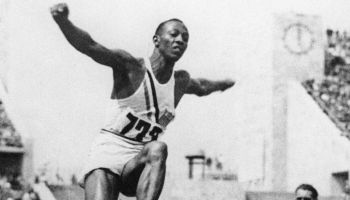From The Root:
It’s Black History Month yet again. With several years of university teaching under my belt, I’ve begun to wonder what black history my students have actually learned during this month or any month before entering college. It’s clear the students know a version of black history that moves rather quickly from slavery to Reconstruction to the Civil Rights Movement to the election of Barack Obama.
Text continues after gallery …
They describe black history with words, such as “real,” “struggle,” and “overcoming.” “Real” captures the racial authenticity that privileges those stories, which emphasize the ways in which black people have fought back against an oppressive system through invention, revolution, and political activism. What the students have learned seems to suggest that a history of the black experience documents how black Americans have “kept it real” in spite of racism.
After numerous classroom discussions, I’ve come to understand that though this “real” history is important, it overshadows the moments where resistance and activism are not obvious concerns. There is a black history that exists outside of the “real” story. Here, I am reminded of 18th century poet, Phillis Wheatley whose poems possess no apparent literary activism. Her well-formed elegies barely discuss slavery and certainly do not seem to oppose its practice. Before we place her outside of black history or chastise her lack of racial consciousness, we must recognize that Wheatley may offer an alternative story. Let’s assume that Wheatley’s intention was not to inaugurate this “real” history. Let’s concede that Wheatley does not keep real the narrative of struggle and resistance that has become synonymous with blackness.
RELATED STORIES
















